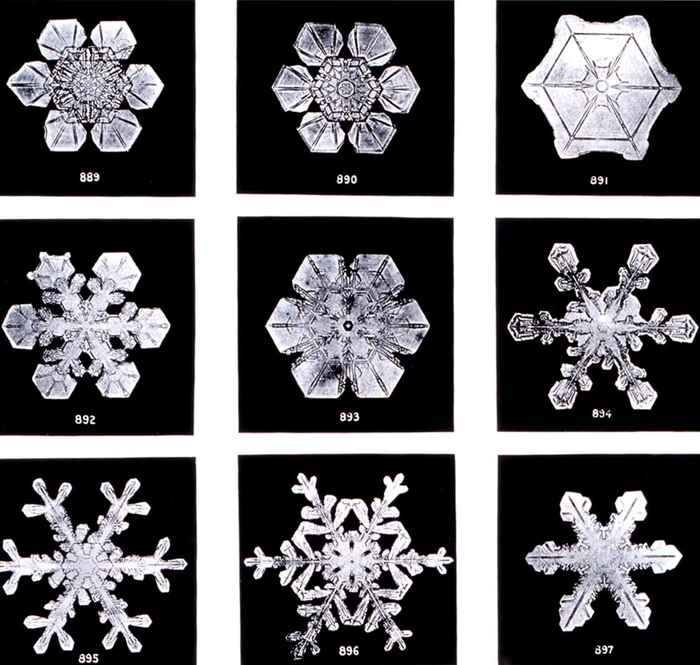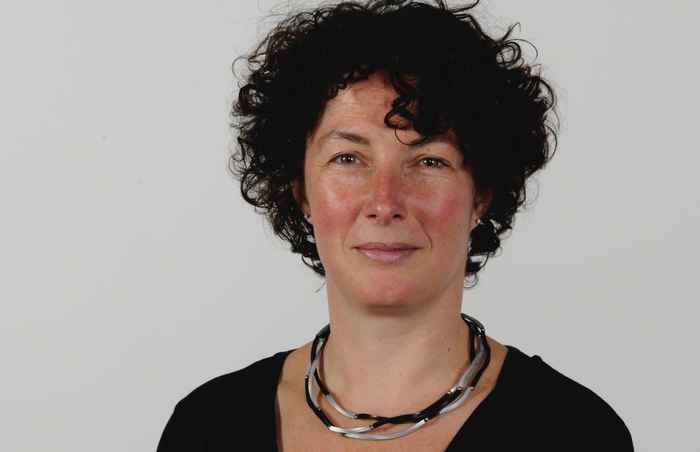Consciousness, Complexity, and Corona
Blog by Alumni Fellow Sarah Durston
10 March 2023

I am about to deliver the opening lecture of my IAS fellowship and am feeling rather nervous. IAS is a haven for scholars working on complexity, and how much do I know about that, really? I find a spot perching at a table and launch into a monologue, talking to the slides on my screen. I don’t really relax until that ordeal is over, and I close the presentation so I can see the others on the call. They ask intelligent and interesting questions, raising quite a few lines of enquiry I had not yet thought of. I can tell this fellowship is going to be helpful.
The topic of my fellowship is emergence. I want to learn from the community at IAS. In particular, the physics community has made great strides in understanding and modelling emergent phenomena. I want to ask whether psychiatry can be understood as a phenomenon that is emergent from our societies, and our (implicit) norms and values. Can conceptualizing it this way help us understand mental health problems, and help those affected by them better? And beyond psychiatry, what are the implications of viewing consciousness this way? Can it be understood as a phenomenon emergent not only from the brain, but also our societies? Given my questions, I am hoping to interact with the DIEP and UMH communities particularly during my fellowship.

Skip forward four months, to June 30th. I am half a year into my fellowship and heading to the Institute for the first time! IAS has just opened again, after lockdown, and Edwina has organized a Fellows’ Day. I am finally to meet my fellow Fellows face-to-face! The front door opens to the sound of animated discussions from the common room. A tour of the lovely, rambling old building follows, lively debates during lunch and plans to meet up here every week! I leave feeling excited to be part of such a stimulating and vibrant community.
Over the course of my fellowship, I participate in online, live and (many!) hybrid meetings. A common thread are my get-togethers with physicist Erik Verlinde. We are working on a book about the role of emergence in causality and planning a workshop for later this year (2023). Just as interesting are some of the discussions I have with other community members – both planned and unplanned. They span psychiatry, the role of the observer in science, how bigger wholes cause structures to form at smaller scales (a process artist-in-residence Esmee likes to call ‘precipitation’).
November 2021, and I have taken it upon myself to organize a conference on The Science of Consciousness, on behalf of the Sentience and Science Foundation, the Essentia Foundation, and IAS. It is entirely online to avoid any restrictions. Eight great, international speakers give their views on consciousness, followed by two panel discussions. Esmee is one of the presenters, as is Erik. As the whole event is broadcast over the internet, I have no idea who is watching. Then during the panel discussions, we get questions from all over the globe, and hundreds of people turn out to have tuned in live. The questions range from the metaphysical to neuroscience to theoretical physics. A good number focus on the possibility of consciousness being the “ontological primitive”, or the idea that “consciousness the basis of all reality as we know it”.
December, and my fellowship is coming to a close, with at least as many new questions raised as I started with. Yet, I feel fulfilled. It has been a gift to be granted a sabbatical to engage in slow science, to think, and to meet like-minded people in the welcoming sanctuary of IAS. The inspiring discussions have informed my other work, including the project we are running in Utrecht on ‘labels’ (psychiatric classifications). An empirical study on how labels affect how we view their ‘owners’ is underway.
I am feeling woeful at the thought of leaving it all behind. Then a phone call. IAS asks if I would like a ‘Corona extension’, to stay on as a fellow for another year. I can’t say yes quickly enough!
Output resulting from my IAS fellowship:
- Lecture for course organized by IAS artist-in-residence Esmee Geerken, at the Rotterdam Academy of Architecture and Urban Design.
- Online conference The Science of Consciousness, by IAS, the Sentience and Science Foundation and Essentia Foundation. View the presentations here.
- Workshop on Emergence, May 2023 (invitation only) .
- Essay in book on Autonomy.
- Empirical study on how psychiatric classifications affect how we view individuals with them. Link available here.